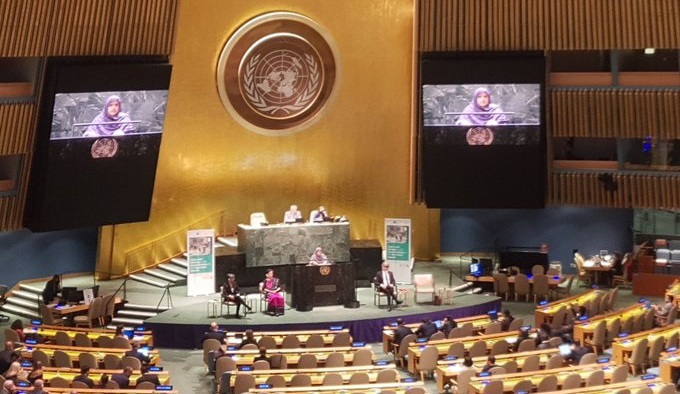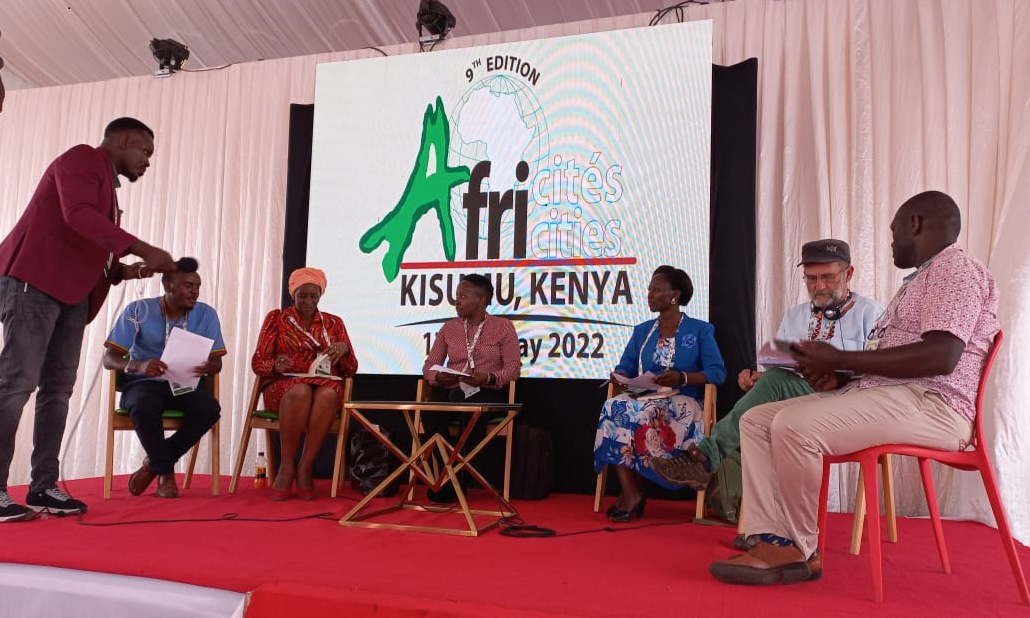THE United Nations (UN) human rights monitor has attributed rampant homelessness in the world to the growing privatisation of property.
A report on the latest trends on homelessness and landlessness in the world released last week warns that inequality in global land ownership is on the increase with a mere 2,5% of landowners believed to be in control of nearly three-quarters of all private land.
Miloon Kothari, the UN Human Rights Commission’s special Rapporteur on the right to adequate housing, says growing privatisation of property and increased land speculation are among the driving forces behind the fact that 1,6-billion people are inadequately housed. An estimated 100-million people are homeless.
The study notes a trend across the globe of governments reducing public housing expenditures and subsidies. For example, there was an estimated $28bn decrease between 1976 and 2002 in the budget for federal housing assistance in the US alone.
There is also a lack of legal provision to enable communities to inhabit or own land as well as a growing tendency to criminalise the homeless and the landless.
The main concern, Kothari says, is the growing phenomenon of “urban apartheid” across the world in which poorer people are ostracised and housed far from the centres of economy.
The problem is partly due to urban gentrification – where middle-class people take up residence in a traditionally working-class area and change its character.
Kothari’s report calls on states to strive to meet their human rights obligations and “to control land speculation and land mafias and cartels operating across the world”.
Women still suffer from a lack of secure tenure, information and affordable social services, as well as discriminatory cultural and traditional practices in most countries, the report says. “There also is a very clear link between violence against women and their lack of adequate housing,” Kothari says.
The study argues that the culture of silence it says exists around womens’ rights to housing, land, property and inheritance has not changed for the better. Even where there is growing constitutional recognition of these rights, customs and traditions usually dominate.
The South African Communist Party (SACP) says the report shows inequality around the world is deepening. Only the powerful and rich are benefiting from government’s land policies, which discriminate against the poor, it says.
SACP spokesman Kaizer Mohau says South Africans should avoid the temptation of supporting capitalism without an interventionist strategy to ensure equal access to land. Many people were being prevented from improving their living conditions through a lack of access to financial assistance because they were low-income earners, he said.
Democratic Alliance spokesman on land affairs Maans Nel says the UN report is cause for concern and governments around the world must work to rectify the problem. However, he believes that private ownership of property is the driving force of a market economy.
“So the best way to empower the poor is to extend property rights and to secure presently unsecure rights through upgrading,” he says.
He says in SA, landlessness is seen in terms of how agricultural land is distributed.
There must be a better distribution of land but, while this is carried out, the production of food must be sustained, he says.
Agricultural land should be held under title, whether that be of an individual or a community, Nel says.
Source: Hopewell Radebe, Business Day


